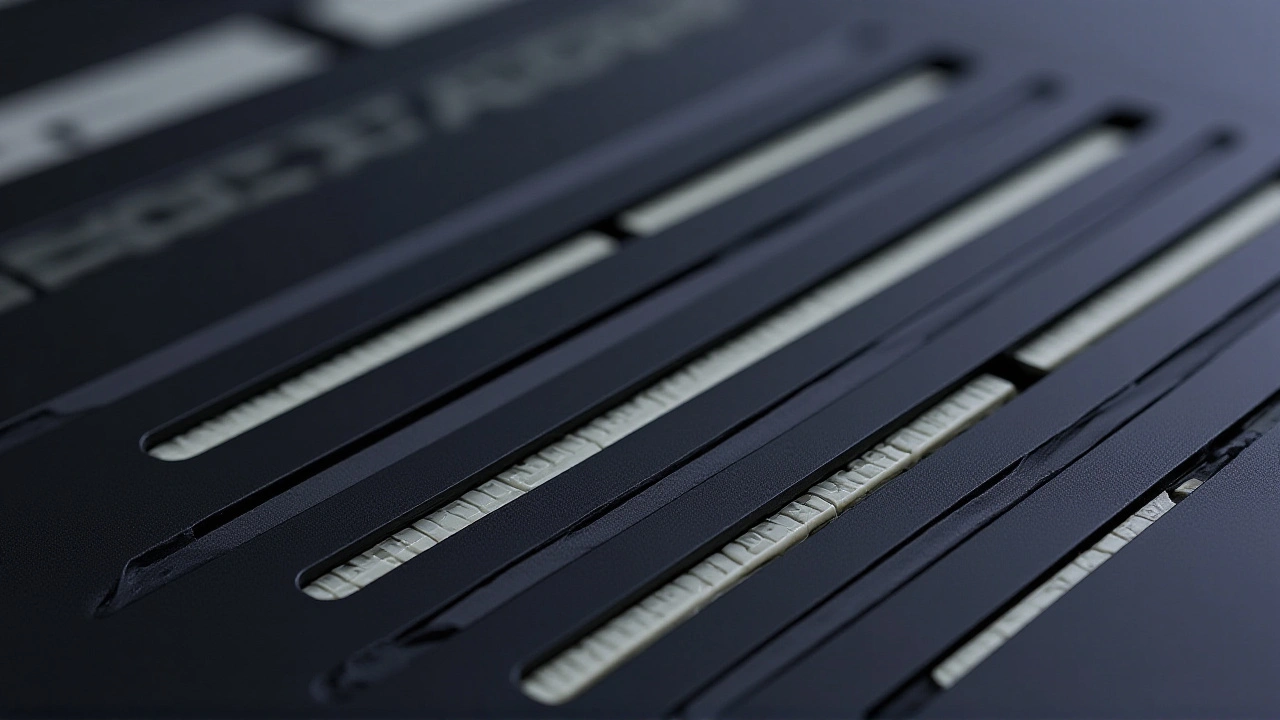Nvidia Blackwell chips: What they are, why they matter, and what's next
When you hear Nvidia Blackwell chips, the latest generation of graphics processing units designed by Nvidia for artificial intelligence and high-performance computing. Also known as the B100 and B200 GPUs, these chips are built to handle massive AI workloads that older hardware simply can't keep up with. They’re not just faster—they’re smarter, more efficient, and engineered for the kind of AI training that powers everything from chatbots to self-driving cars.
These chips don’t work alone. They’re part of a bigger system that includes data centers, large-scale computing facilities where AI models are trained and run, and GPU technology, the backbone of modern AI processing that lets machines learn from huge amounts of data. Companies like Microsoft, Google, and Meta are racing to install Blackwell-based systems because training a single AI model used to take weeks—it now takes days, sometimes hours. And that speed isn’t just convenient; it’s changing how fast innovation happens.
What makes Blackwell different? It’s not just raw power. It uses new chip architecture that cuts energy use while boosting performance, which matters because running AI at scale is expensive and environmentally heavy. Nvidia also built in new ways for these chips to talk to each other faster, so thousands can work together like a single brain. That’s why tech giants are upgrading entire data centers instead of just swapping out old cards.
You won’t find Blackwell chips in your gaming rig—but you’ll feel their impact. Every time you ask a virtual assistant a question, get a personalized recommendation, or see an AI-generated image, there’s a good chance Blackwell helped make it happen. The real shift isn’t in the chip itself, but in what it enables: faster medical research, smarter factories, and even new kinds of science that were impossible before.
What’s next? Expect more companies to build products around these chips, and watch for new AI tools that only work because Blackwell can handle them. The race isn’t just about who has the fastest chip anymore—it’s about who can use it best. Below, you’ll find real stories from the field: how these chips are being used, who’s building with them, and what’s actually changing on the ground.
Trump Bans Global Access to Nvidia’s Top AI Chips, Limiting Blackwell Series to U.S. Alone
President Trump bans global access to Nvidia's Blackwell AI chips, restricting them to the U.S. alone — a move that deepens the tech divide with China, shocks markets, and could accelerate China's semiconductor independence.

